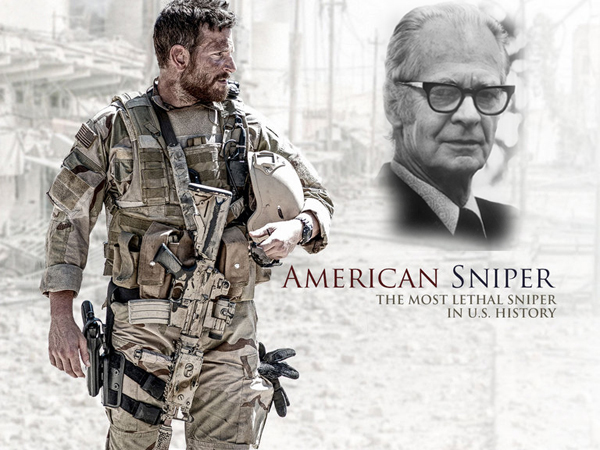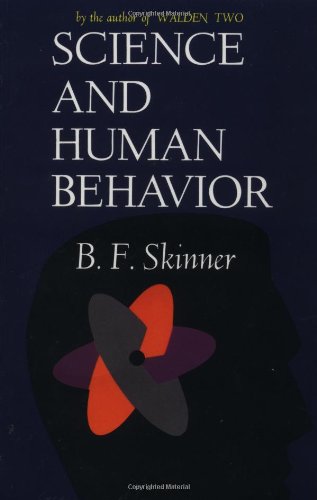Skinner and American Sniper
 My husband and I went to see the controversial new Clint Eastwood-directed film, “American Sniper.” It is a vivid story of an American man, romanticized or not depending on your perspective, who did what he felt compelled to do—become a Navy Seal and use his marksmanship skills to counter what he saw as evil, an attack on America, and to protect his comrades in arms. It is only after his fourth tour, during which he is depicted killing the man responsible, as he saw it, for the death of several of his fellow soldiers, that he begins separating himself from war. His return is filled with daily reminders of that dangerous time and an extraordinarily clear depiction of the difficulties troops face in returning to the daily life of America after the intensity of war.
My husband and I went to see the controversial new Clint Eastwood-directed film, “American Sniper.” It is a vivid story of an American man, romanticized or not depending on your perspective, who did what he felt compelled to do—become a Navy Seal and use his marksmanship skills to counter what he saw as evil, an attack on America, and to protect his comrades in arms. It is only after his fourth tour, during which he is depicted killing the man responsible, as he saw it, for the death of several of his fellow soldiers, that he begins separating himself from war. His return is filled with daily reminders of that dangerous time and an extraordinarily clear depiction of the difficulties troops face in returning to the daily life of America after the intensity of war.

 In the scene that marks his turning point in putting the war in some perspective, he sees a psychologist to help him deal with PTSD. In that scene, if you look to the right of the therapist on his bookcase, atop a small pile of books, is a very visible copy of B. F. Skinner’s Science and Human Behavior. For us, it suggested that those arranging this very well-done film chose that book deliberately, understanding that developing effective treatment for anyone engaged in such high intensity fighting needs to focus on establishing new behavior patterns that respect the individual’s history and sense of purpose. He comes in contact
In the scene that marks his turning point in putting the war in some perspective, he sees a psychologist to help him deal with PTSD. In that scene, if you look to the right of the therapist on his bookcase, atop a small pile of books, is a very visible copy of B. F. Skinner’s Science and Human Behavior. For us, it suggested that those arranging this very well-done film chose that book deliberately, understanding that developing effective treatment for anyone engaged in such high intensity fighting needs to focus on establishing new behavior patterns that respect the individual’s history and sense of purpose. He comes in contact with reinforcers associated with continuing to help the very people who shared his experiences of the war but this time stateside. The support of family and friends, and his daily life, take on their own reinforcing properties as well. All too sad that Chris Kyle in real life didn’t live long enough to reap the benefits that were depicted in those last scenes of the film. Regardless of one’s philosophical and political views of the Middle Eastern conflict in which America has been embroiled for the past quarter century, we can only hope that the messages of B. F. Skinner and other behavior analysts are used with benefit to those Americans in establishing new and worthwhile pattern of behavior after having given so much of themselves in service to their country.



